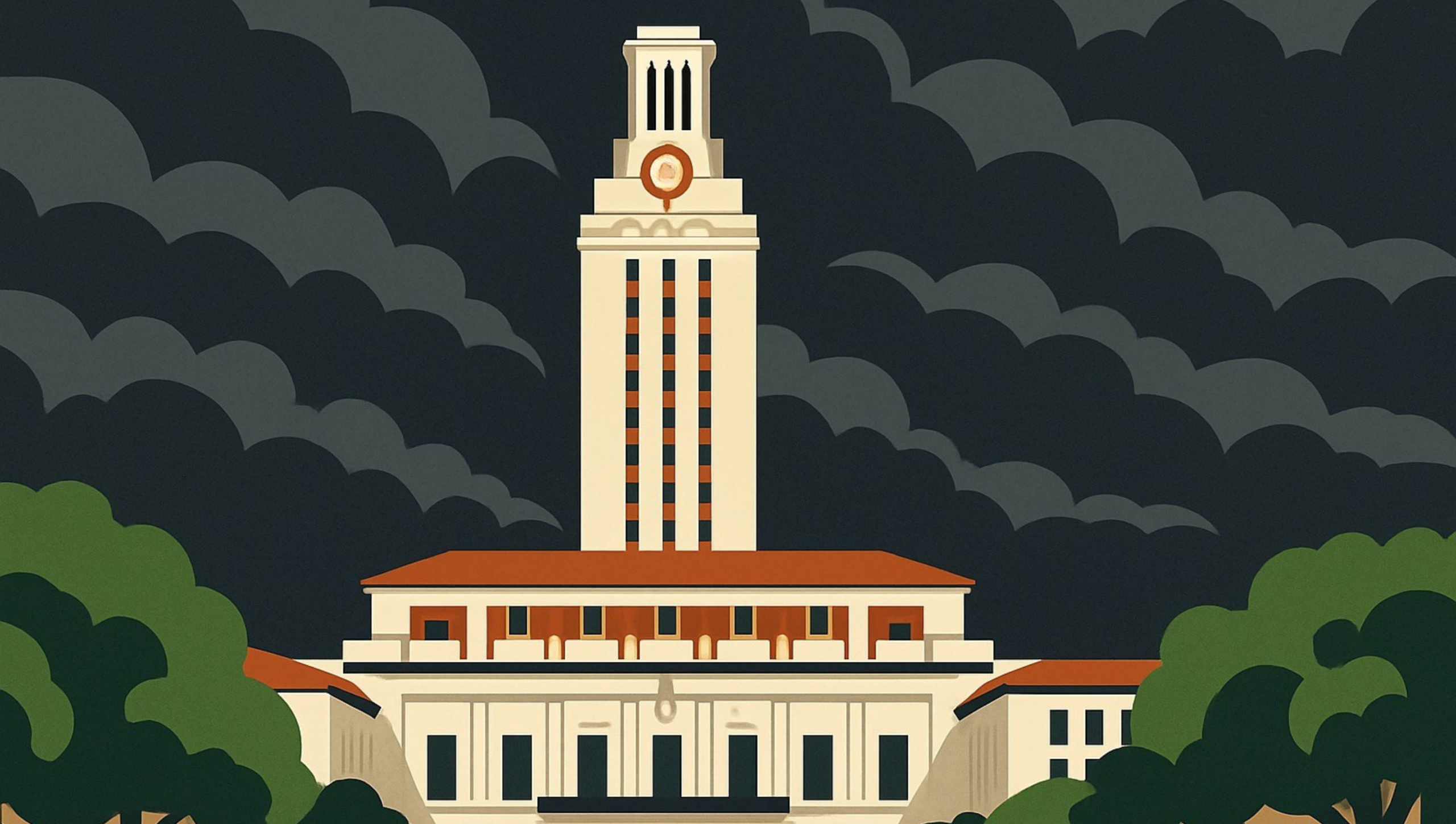Texas lawmakers will need to find roughly $1 billion in budget cuts for the current biennium and pare down expectations for the upcoming budget after new estimates were released by the state comptroller Monday.
In a livestreamed press conference, Texas Comptroller Glenn Hegar released a new revenue estimate projecting the state to have a serious financial deficit. In a press release, Hegar noted lawmakers should take the estimate—which is substantially more positive than many had feared— with a grain of salt.
“As is always the case, this estimate is based on the most recent and precise information we have available,” Hegar said. “It represents our efforts to provide lawmakers with the most accurate forecast possible as they craft the budget for the 2022-23 biennium and the supplemental spending bill to address the remainder of the current biennium.
The forecast, however, remains clouded with uncertainty. The ultimate path of the pandemic and the behavior of consumers and businesses during a resurgence are difficult to gauge. It’s also unclear how they’ll respond once the pandemic is fully under control. As a result, there is a wide range of possible outcomes for state revenue through the end of fiscal 2023, with the possibility of revenue falling short of this forecast but also a chance revenue could exceed it, perhaps substantially.
In any case, the Legislature will again face some difficult choices to balance the budget. While savings from agency spending cuts and federal funding could help erase the projected shortfall for this biennium, a substantial supplemental appropriations bill could increase it, thereby reducing revenue available for the next biennium.”
Hegar’s estimate of the budget shortfall does not account for savings made by Gov. Greg Abbott’s decision to direct state agencies to reduce their spending or for funds the federal government may allow the state to use to plug some budget holes—two items that could reduce the size of the budget deficit.
However, it also does not factor in a likely Medicaid shortfall and other areas of the current budget that lawmakers will have to address with additional spending in the supplemental budget.
In all, lawmakers will have a tall task ahead of them as they navigate not only this current deficit but the continued drag on the state’s economy by the Chinese Coronavirus, government-issued shutdowns, and changes in consumer spending, items Hegar further noted.
“We must keep an eye on several things that could impact this forecast, including the spread of the COVID-19 virus and the possibility of renewed reduction in customer-facing economic activity,” Hegar said. “In addition, we must carefully monitor the nascent recovery in energy markets as further shocks on either the demand or supply side could threaten recent positive developments for prices and production.”
“On the other hand, household savings have increased during the pandemic, while credit card debt has declined; this could support increased consumer spending once people feel safe to return to pre-pandemic activities. So, while there are numerous potential concerns, my economic forecast assumes a further moderate decline in economic activity in fiscal 2021, followed by a return to growth in the 2022-23 biennium at rates somewhat higher than those experienced during the last decade,” he added.
TFR issued the following statement after the conclusion of Hegar’s press conference:
“Today’s report by Comptroller Glenn Hegar confirms what taxpayers already knew: Texas lawmakers spent too much in 2019 and government shutdowns of the economy are incredibly costly.
The path forward for the Texas Legislature is clear. Lawmakers must prioritize serious and lasting spending cuts and deliver substantial tax relief for overburdened taxpayers.
New taxes or increases in existing taxes should be completely off the table.”




